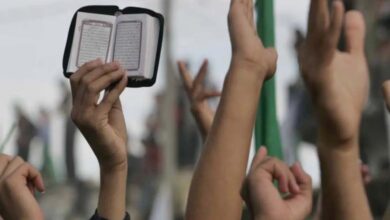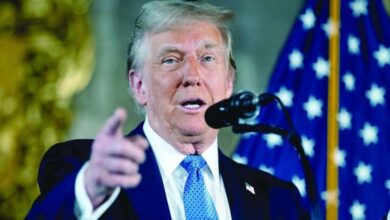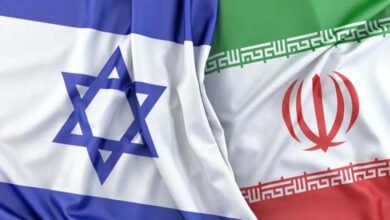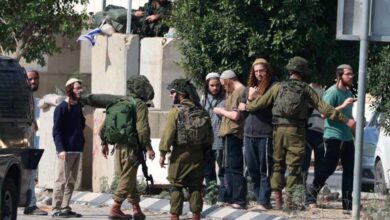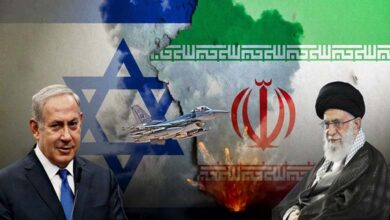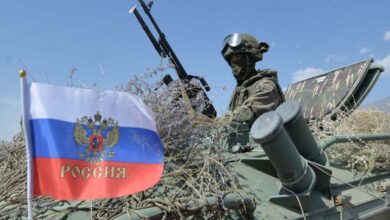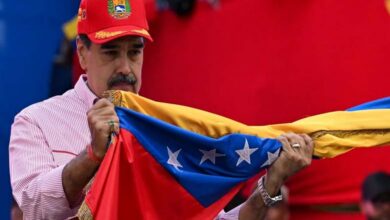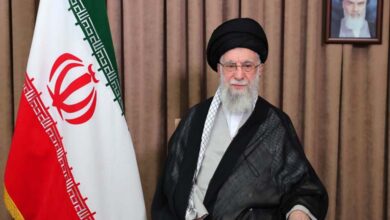Somalia: Political crisis and terrorism
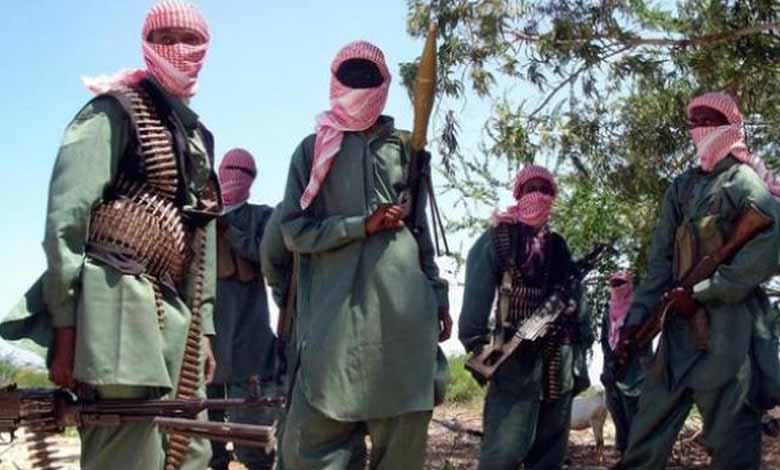
Successive unresolved political crises in Somalia widen security gaps paving the way for al-Chabab to strike deep into a volatile country.
The Financial Times, a British newspaper, published a report on the growth of the terrorist movement under the title, “Somalia’s conflict is escalating.. We know that al-Chabab will seize the opportunity”.
Nearly a year after Washington withdrew its troops from Somalia, the postponement of elections has emboldened militants, including the militant group al-Chabab, threatening to plunge the country into deeper chaos.
Al-Chabab has been waging an insurgency in parts of Somalia for more than a decade, launching deadly attacks in Kenya and Djibouti, and seeing the bloodiest fighting in a country suffering from decades of violence.
Local officials estimate that since last October, 120 people have been killed during fighting between regional and federal forces and the dissident faction Ahlu Sunna Wal Jama’a, it is a militia-turned-political and paramilitary organization that was until recently an ally of the government.
The British newspaper explained that the residents’ biggest fear is the approach of the Al-Chabab movement, which is affiliated with Al-Qaeda, to the capital. The movement has long spread fear in the country and wants to overthrow the government.
Officials said that al-Chabaab militants are located 70 kilometers from Gurel, and have made gains in Galmudug province for the first time in 10 years.
“Al-Chabaab is exploiting the government’s fight with the Sunni community and the group at a time when the government has lost its military capability to fight al-Chabaab”, the newspaper quoted a senior western official as saying.
US Africa Command estimates that al-Chabab has between 5,000 and 10,000 fighters across the country of 15 million, and controls large swathes of central and southern Somalia.
The U.S. departure has contributed to a deteriorating security situation, analysts say, and the planned withdrawal of the African Union Mission in Somalia could exacerbate the situation.
The African Union, which has about 20,000 troops deployed in Somalia, recently expressed concerns about the government’s ability to effectively control territory liberated from Al-Chabab and lack the capacity required to immediately assume full responsibility for ensuring national security in Somalia after December 31, 2021.
The Security Council this month agreed to extend the troop presence for three months until the end of March.
Meanwhile, the ongoing war in Ethiopia and developments in Sudan have drawn attention away from Somalia, which has lacked a functioning central government since the overthrow of Dictator Mohamed Siad Barre in 1991.
At the heart of the current crisis is the fact that Somalia has not had a legitimate national authority since February, when President Mohamed Abdullahi Farmajo’s term ended, and a crisis with his prime minister, Mohamed Hussein Roble, broke out in April, when the former tried to extend his four-year term for two years, sparking skirmishes between rival army factions in the capital Mogadishu.
The two sides have since reached an agreement allowing them to remain in office until elections are held to form local and national parliaments and a federal government. Despite clear efforts to ease tensions under the indirect election system, no date has been set for the election of the new President of Somalia.
Tensions rose again this week when the president suspended the prime minister’s powers on suspicion of corruption after accusing him of delaying the elections, while Roble accused Farmajo of attempting a coup after he broke into his office in an attempt to “extend his grip on the presidency”.


